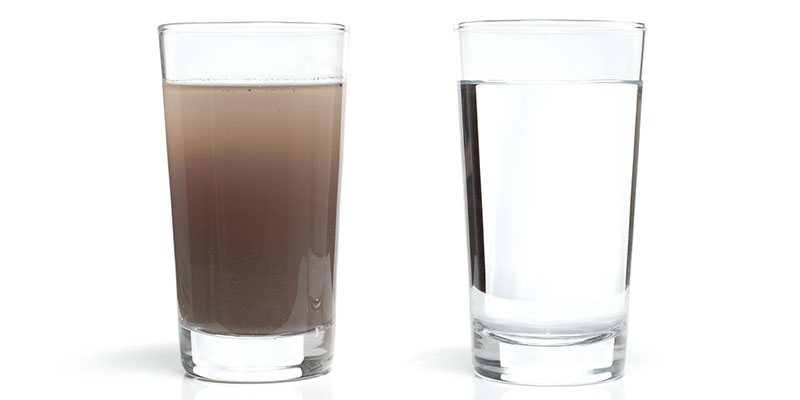Everyone knows that water is essential for survival, but not everyone is aware of what a small percentage of the Earth’s water is safe for drinking. Even freshwater can contain harmful chemicals or disease-causing bacteria, and no water treatment facility is equipped to eliminate 100% of possible contaminants. We at Progressive Water Solutions LLC have been in the water treatment industry for over 30 years, and we want to help you get the pure drinking water that you need to stay safe and healthy. Our team offers a range of drinking water purification systems to let you do that, and in this article, we’ll be going over more about how these systems work and what you need to know about them.

First, we at Progressive Water Solutions LLC want you to know that most drinking water purification systems make use of filters, and filtration comes in two main varieties: physical and chemical. Physical filtration involves passing the water through a medium (such as layers of sand or a fine mesh membrane) to strain out large particles. Chemical filtration, on the other hand, involves passing the water through a reactive material whose molecules will bond with any contaminants and remove them that way. Next, there are three main types of water filters, which all use a combination of these two principles.
The three types of water filters are activated carbon, reverse osmosis, and ion exchange. Activated carbon filters use a charcoal-based material to trap chemical impurities. Charcoal granules have a huge and complex internal structure that’s full of nooks and crannies, which the non-water molecules will get stuck inside. Reverse osmosis filters use pressure to force water through a membrane that larger molecules can’t cross, creating pure water and leaving the contaminants behind. Finally, ion exchange filters use a process to attract and trap contaminants much in the same way a magnet attracts metal shavings. Ion exchange has many uses but is most often used to soften hard water.
We at Progressive Water Solutions LLC hope that this article has been helpful. If you have further questions about our drinking water purification systems, simply give us a call to learn more.

